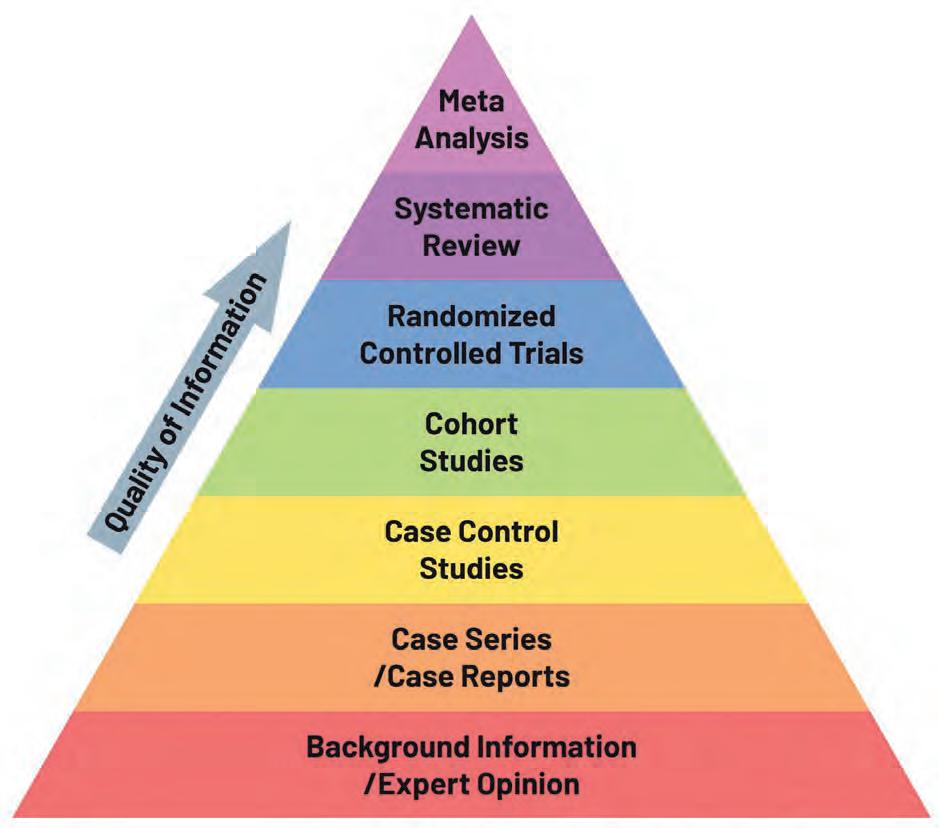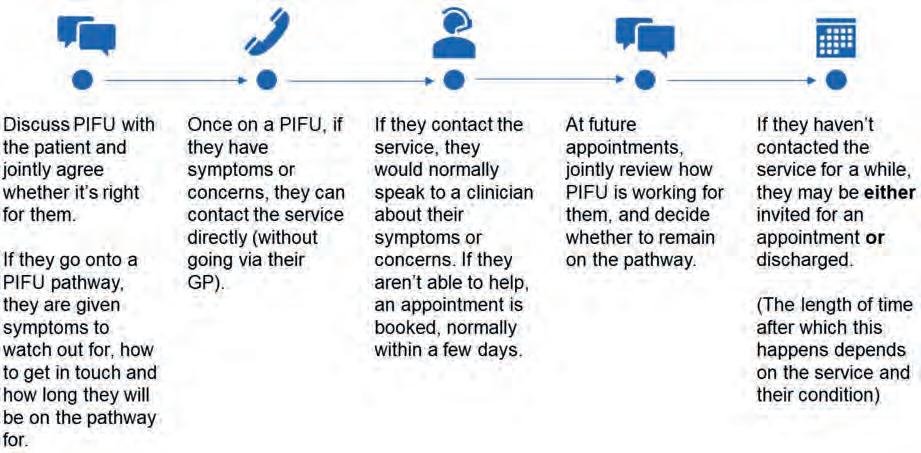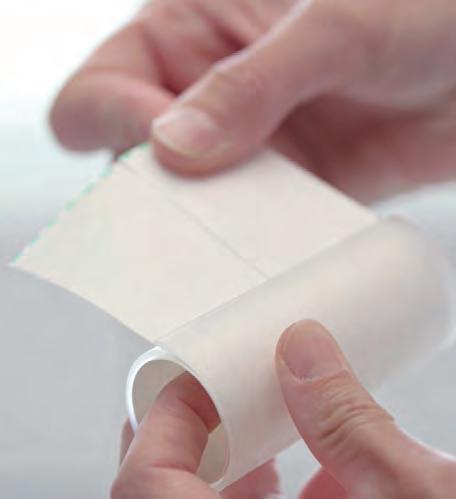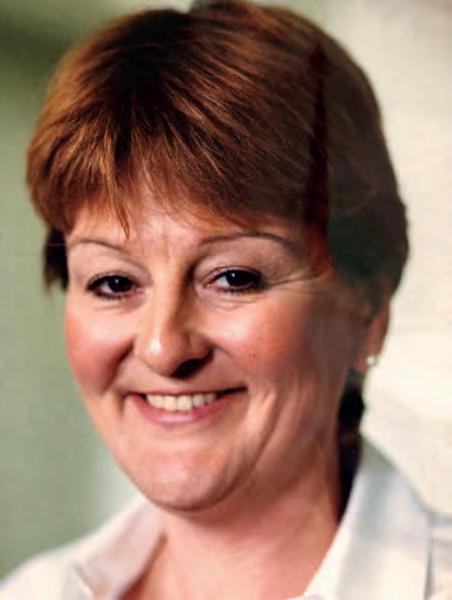
8 minute read
Ichthyosis during a pandemic
Amy Probert
As a brief introduction, I’m Amy and I live with my partner Mark, who is the daddy of our three children, Kaydon (8), Isabella (5) and Poppy-Rose (4). Poppy made her dramatic entrance to the world at 32+5 weeks and has harlequin ichthyosis.
As you can imagine, life with three children close in age is more than hectic at times, especially factoring in appointments and the skin care regime that is part of being an ‘ichthy family’. For many of us, life changed dramatically back in March 2020, so I’d like to give an insight into what life has been like for our family over during the COVID-19 crisis.
Initially, my concern was medical supplies. So many worries about being unable to receive prescription items as everybody began to stockpile and GPs were inundated with requests. And let’s not forget the great toilet roll shortage of 2020, which just so happened to coincide with when Poppy decided that she would toilet train herself overnight!
We also had moments where we needed access to urgent medical care from our GP and dermatology team – both of which were managed via telephone and were reassuringly very effective. At this point, I’d love to extend my enormous thanks to our dermatology team and GP/pharmacy. Another hurdle was the shortage of PPE, as we use gloves as part of our care regime. This was a stressful time as Poppy had suffered a skin infection prior to lockdown and gloves for us were part of infection control. Thank you to family and friends who pulled together to donate or help us to source gloves.
Moving on from the worries surrounding daily care came the overwhelming anxiety and fear of the unknown; something that a lot of parents of children with ichthyosis are more familiar with than most. From the day our children were born, we were often told the words: “We just don’t know”. Coupling that with the unknowns from a global pandemic increased anxiety in many parents whose children have ichthyosis I had spoken to.
Poppy’s prematurity meant that her lungs were not as developed as children born full term. Although her sevenweek neonatal unit stay was relatively uneventful, her exposure to viruses preCOVID meant that her first three years were spent in and out of hospital due to respiratory infections. Poppy required support via oxygen, feeding tubes and
treatment for extreme fevers which has left her with anxiety in everyday life. For me as a parent, COVID-19 raised a lot of past trauma and it wasn’t long before we noticed this had affected Poppy’s anxiety too. The period at home was also when she realised that she is different and started to talk to us about this.
However, not everything about lockdown was difficult. It gave us time as a family to pause and spend time together. We no longer had to juggle school runs and appointments at hospitals far away. Appointments could be done at home, which also gave Poppy respite from her medical anxieties, allowing time for her confidence to grow.
Video consultations led to moments I wanted to crawl into a pit and hide as Poppy discovered a real chance to show off some colourful language and tell stories of what she saw on TikTok. One of my favourites was when I had to explain to a CAMHS representative who Joe Exotic and Carole Baskin were whilst sugar-coating the whole story! Poppy also does a great impression of Eastenders’ Phil Mitchell and is generally hilarious in her one-line replies and nicknames for our neighbours, including “Noisy Turds” and “Smokey Man”. If you are on my social media, you will know Poppy’s personality…
We had summer days filled with baking, painting, crafts and days in the paddling pool; you name it, we tried it. One of the nicest things to see was the relationship between the children. Kaydon and Isabella are so understanding of Poppy’s needs and anxieties. For example, they helped her when she was struggling to climb onto the trampoline or in and out of the pool, but before long, she had mastered it herself.
Isabella and Poppy often disappeared together and Poppy emerged with a new hairstyle and nail varnish. Kaydon play fights with Poppy and I always know where they are in the house from the ridiculously loud squeals and laughter. Then there’s our dog, Skye, who helps the children in ways she will never know. She is best friend to all three and helps them all with the various emotions being a ‘different’ family can bring. She was always by their side getting covered in paint, cake mix and loved a water fight in the garden.
Fast forward to February this year, we all caught COVID. Thankfully, however, we all recovered at home. As there is still much curiosity and concern for those with severe skin disorders, I thought it would be useful to mention that Poppy coped very well, as did her brother and sister in terms of symptoms. The biggest tell-tale sign that she was ill was the extremely dry and flakey skin. Afterwards, it did take a while for her skin to recover, and she required a longer bathing routine and more applications of emollients (although this could all have been due to the weather conditions, as these also affect her skin cycle). This also made the decision for her to return to her nursery setting a little bit easier for us.
Before the pandemic, Poppy attended a nursery placement, but because of her crippling anxiety it did not go well for her. She was so scared to be away from me that she would be physically sick – even at two years old she was experiencing panic attacks and extreme anxiety.
When COVID arrived in the UK, we made the decision to pull Poppy out of nursery until we felt it was safer, and she returned in March this year. This




break has done wonders for Poppy’s confidence and has far exceeded any potential expectations we might have had. We have been fortunate to find a (mainstream) nursery who have embraced Poppy and her quirks, and have supported her and enabled her to grow. They have involved us in everything and invited me to their staff meeting to give a talk to staff and answer any questions they had. This was so important for us and helped them to see Poppy beyond her skin whilst helping them to feel confident in her care too.
The year out also prompted the start of Poppy’s journey of selfacceptance of having ichthyosis. She often told us that she doesn’t want ichthyosis and was frequently rejecting elements of her care. As members of the fabulous Ichthyosis Support Group (ISG) we have met and spoken to people with ichthyosis from the UK, Australia and America, and Poppy loves to see people who are like her. Social media has been an amazing tool to help show her that she is not alone, and that other people have ichthyosis too; they grow up and have friends, jobs and families. She now wants to work with dogs when she’s older. We have also become great friends with other families, and we all offer advice and support to one another in our times of need. All this seems to have helped her begin to accept herself for who she is and to grow the confidence to realise her self-worth.
Poppy is so effortlessly funny without even realising, and her lack of a filter makes her even funnier. Things that most of us think but don’t say will come out of her mouth. She announced to nursery that she can’t share her Easter chocolate with her dad because his tummy is too big already, and also happily shouted out of the window at our neighbour to ‘shut up’ when they were yelling in the street! She loves toilet humour and is always making up her own songs – although I’m not sure her most famous one is appropriate to mention here. Also, now part of our vocabulary are the terms ‘badheart’ and ‘goodheart’ – whether someone has annoyed you or not and you like/dislike them in that moment.
All in all, we are a relatively ‘normal’ family with some beautifully exceptional children. There will always be good and bad days, which can be said for any family. Perhaps sometimes our experiences from ichthyosis can bring more challenges, but as long as you can enjoy the little moments together, you will always have amazing memories. Life as an ichthy family is beautiful and we are so very blessed to be a part of such a great community.
Take care of yourselves and as Poppy would say, ‘smell ya later!’ DN
More information about the Ichthyosis Support Group can be found online at: www.ichthyosis.org.uk. Alternatively, you can call 0845 602 9202 or email isg@ichthyosis.org.uk.
Our premium, silky smooth menthol in aqueous cream
SKIN DEEP SOOTHE ABILITY










